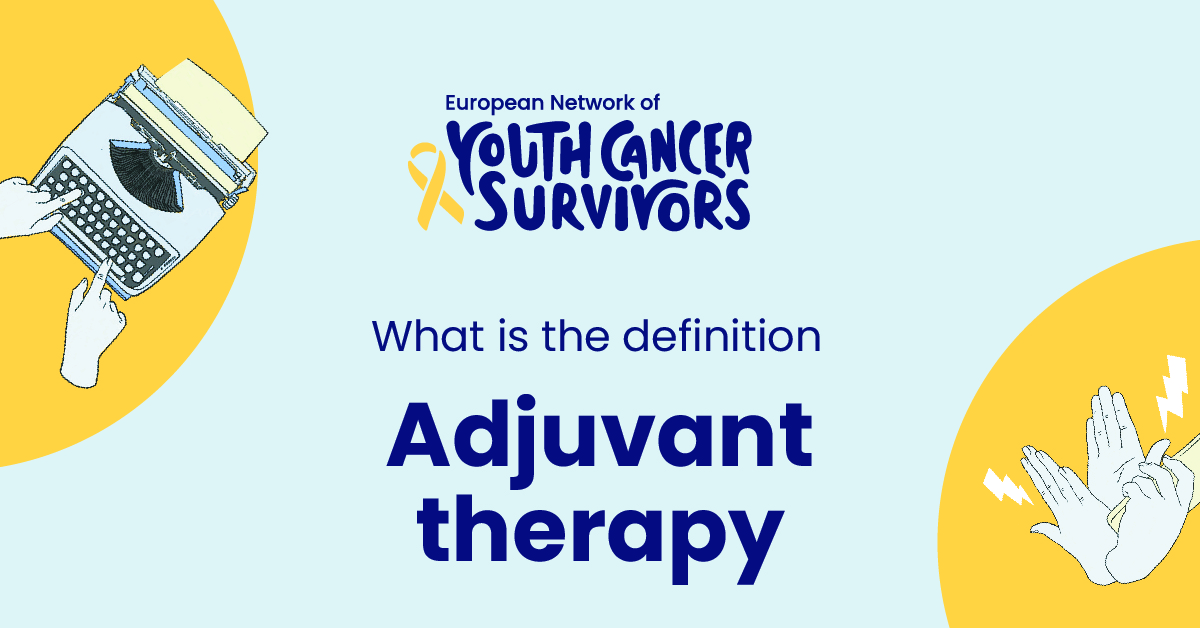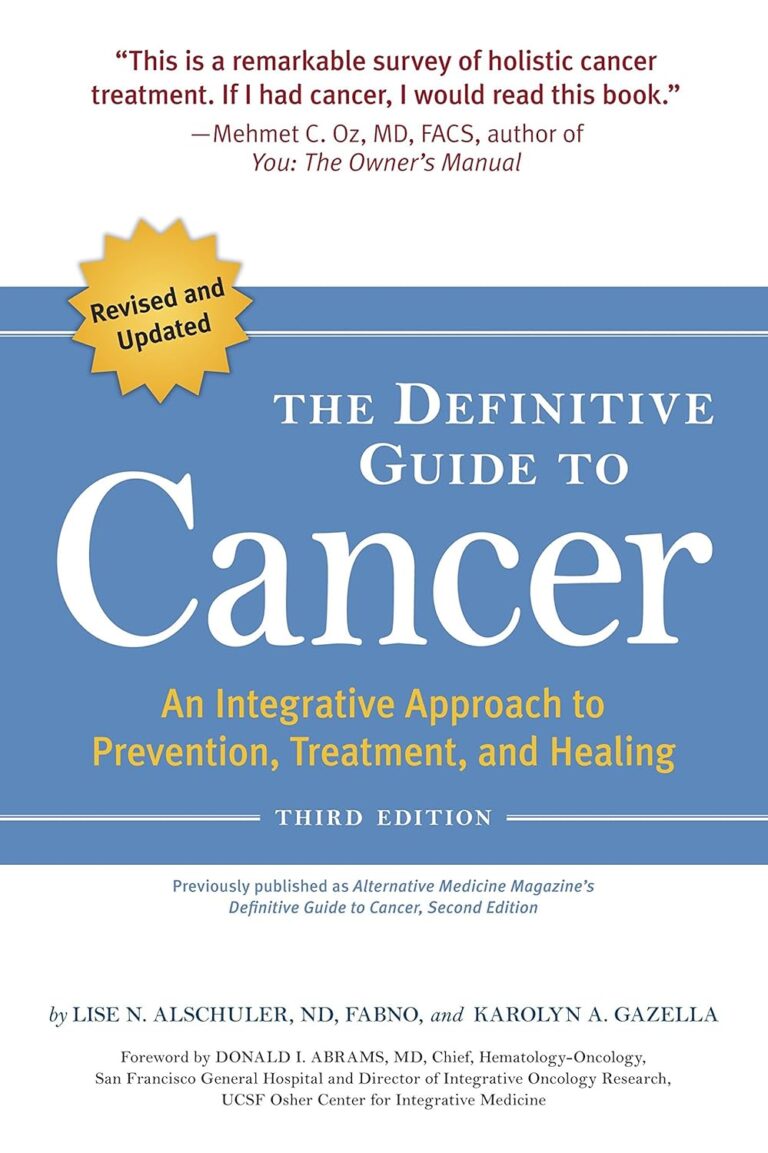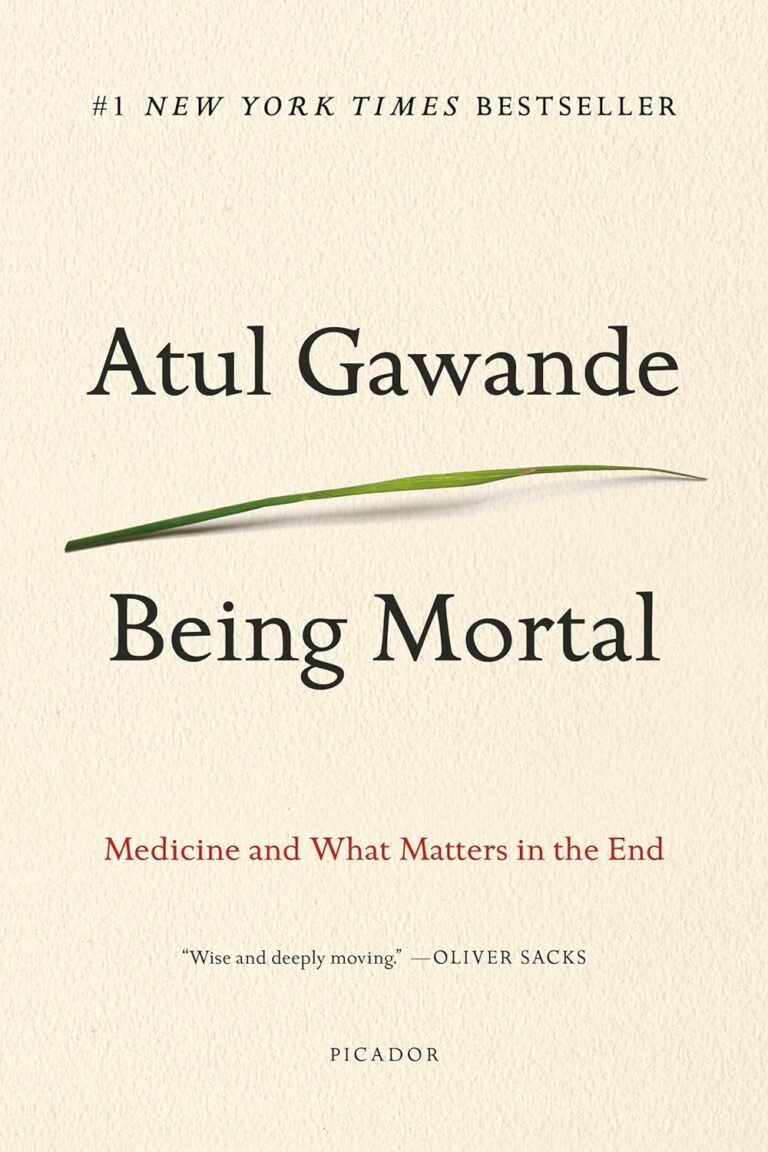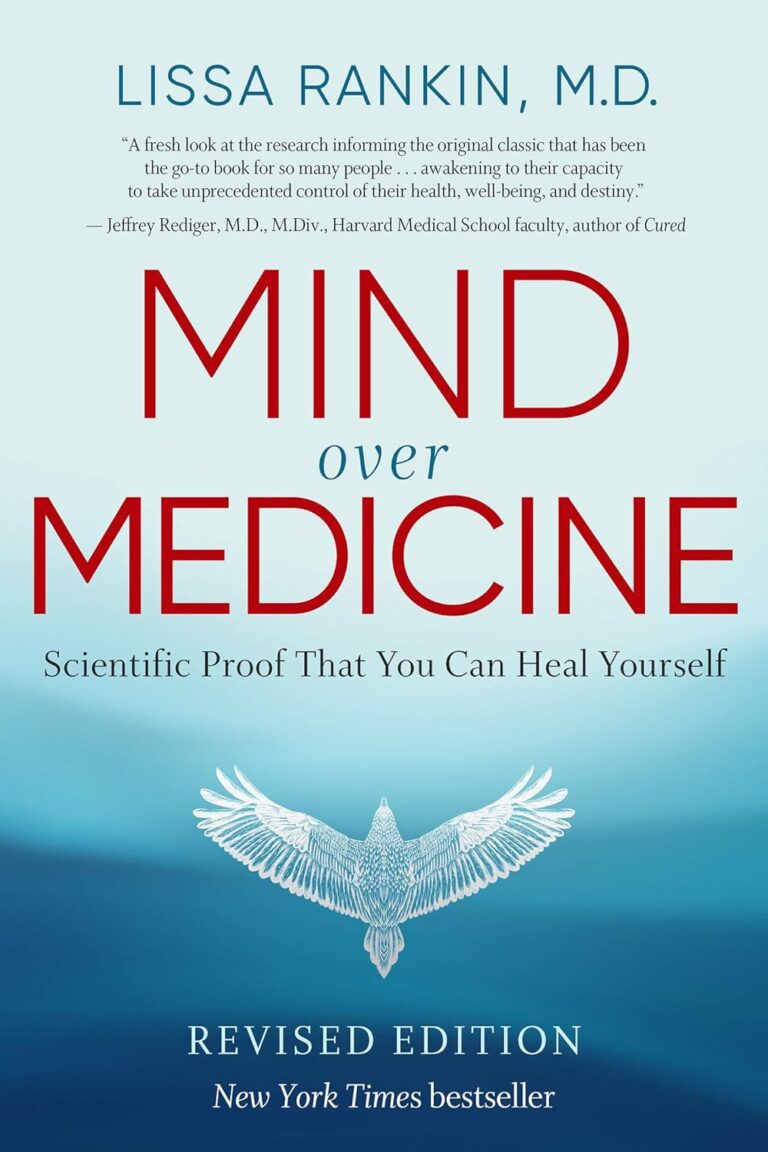
The term ‘adjuvant therapy’ holds significant importance in the healthcare industry, particularly in the realm of cancer treatment. But what does it mean? In medical jargon, ‘adjuvant’ refers to an additional or secondary, yet supportive treatment given after the primary treatment to enhance its effectiveness and prevent chances of recurrence. Embarking upon its etymology, ‘adjuvant’ comes from the Latin word ‘adjuvare’, meaning ‘to help’.
The Meaning of Adjuvant Therapy
Adjuvant therapy is an integral part of the treatment regimen aimed at fighting cancer and other severe infectious diseases. It supplements the primary treatment, typically surgery, to boost its effects and destroy any leftover disease cells undetectable by existing diagnostic techniques. This post-primary treatment is paramount in limiting or entirely eliminating the prospects of disease recurrence.
The Core Purpose of Adjuvant Therapy in Healthcare
The prime purpose of adjuvant therapy is to heighten the efficacy of primary treatment, reduce the chances of disease recurrence, and enhance patients’ survival rates. In the healthcare sector, adjuvant therapy can include chemotherapy, radiation therapy, immunotherapy, or hormonal therapy – all aiming to suppress or destroy micro-reminiscent disease cells.
The Role of Adjuvant Therapy in Cancer Treatment
Explaining How Adjuvant Therapy Works in Cancer Treatment
Adjuvant therapy plays a crucial role in cancer treatment. After the removal of the cancerous tumor during surgery, there’s a risk that some cancer cells might have been left behind unintentionally. These remnant cells can lead to cancer recurrence. This is where adjuvant therapy steps in; these therapies aim at destroying these leftover, undetected cancer cells, thus reducing the likelihood of recurrence.
Types of Adjuvant Therapies Used in Oncology
The type of adjuvant therapy used largely depends on the type and stage of cancer, as well as the overall health of the patient. From chemotherapy and hormone therapy to radiation therapy, and targeted or biological therapies – Oncology has a diverse range of adjuvant treatments. These therapies, while potent and beneficial, also come with their fair share of side effects.
Benefits of Adjuvant Therapy
Reduction in Cancer Recurrence
The most significant benefit of adjuvant therapy is reducing the chance of cancer recurrence. By targeting and eliminating any small deposits of cancer cells that couldn�t be removed surgically, they greatly increase the chance of a patient’s survival.
Enhancement of Primary Treatment Efficacy
Adjuvant therapies enhance the effectiveness of primary treatments, increasing their odds of success. They act as a supporting tool that bolsters the primary treatment’s potency, making it more likely to achieve a disease-free state.
Potential Side Effects and Risks of Adjuvant Therapy
Common Side Effects Experienced by Patients
Like any other medical intervention, adjuvant therapies come with potential side effects. Some of the most commonly experienced ones include fatigue, nausea, and hair loss. Some patients also encounter changes in weight, appetite, and cognitive abilities, among other symptoms.
Managing and Mitigating these Side effects
Side effects can often be managed with subsequent medication or procedural adjustments. Regular exercise, optimal nutrition, and sufficient rest can also help mitigate these side effects to a certain extent. Always, it’s essential to have an open and honest discussion with your healthcare provider regarding potential symptoms and proactive steps to manage them.
Get to know us better
If you are reading this, you are in the right place – we do not care who you are and what you do, press the button and follow discussions live

Noteworthy Advancements and Research in Adjuvant Therapy
The Evolution of Adjuvant Therapy Over Time
Adjuvant therapy has evolved significantly over the years, with remarkable advancements in technology and understanding of disease pathologies aiding its development. Targeted therapies using specially-designed drugs have also come to the forefront, offering precision treatment with lesser side effects.
The Future of Adjuvant Therapy: New Research Developments
Current research in the field is promising, with several new forms of adjuvant therapies under examination. Among these are advancements in immunotherapy and personalized treatments that will optimize therapy while minimizing harm.
Decision-Making and Adjuvant Therapy: Should You Consider It?
Understanding Who is Suitable for Adjuvant Therapy
Decision-making for adjuvant therapy is complex. Not every patient is a perfect candidate for these therapies. Factors like the type and stage of cancer, overall health, and personal preferences play a key role. The suitability of adjuvant therapy is a discussion that should happen between the patient and their healthcare provider.
When Adjuvant Therapy is Not Recommended
Despite its benefits, adjuvant therapy may not be a suitable choice for all patients. Individuals with certain pre-existing conditions, elderly patients, or those who may not withstand potential side effects may not be deemed suitable for adjuvant therapy. Again, a meaningful conversation with a healthcare provider is essential for making an informed choice.
Conclusion: The Value Adjuvant Therapy in Modern Healthcare
Adjuvant therapies are a game-changer in modern healthcare, particularly in cancer treatment. While not void of potential side effects, their role in enhancing primary treatment efficacy and reducing disease recurrence couldn’t be overstated. With ongoing research and technological advancements, the future of adjuvant therapy looks promising.
FAQs:
- What does adjuvant therapy mean in medical terms?
Adjuvant therapy refers to additional treatment given after the primary treatment to bolster its effect and prevent disease recurrence.
- How is adjuvant therapy utilized in the treatment of cancer?
Adjuvant therapy is used after the surgical removal of a cancerous tumor to destroy any undetected leftover cancer cells, thereby reducing the chances of cancer recurrence.
- What benefits can patients expect from adjuvant therapy?
Patients can expect a reduction in cancer recurrence and an increase in the efficacy of the primary cancer treatment from adjuvant therapy.
- What are the typical side effects of adjuvant therapy, and how can they be managed?
Typical side effects include fatigue, nausea, and hair loss, among others. These can be managed with medication, lifestyle adjustments, and regular check-ins with the healthcare provider.
- Who is the right candidate for adjuvant therapy, and when is it not advised?
Decision-making for adjuvant therapy is dependent on cancer type and stage, overall health, and personal preferences. It’s not advised for patients with certain pre-existing conditions, those who are frail, or those who might not withstand the potential side effects.

















Comments
Thank you. Comment sent for approval.
Something is wrong, try again later